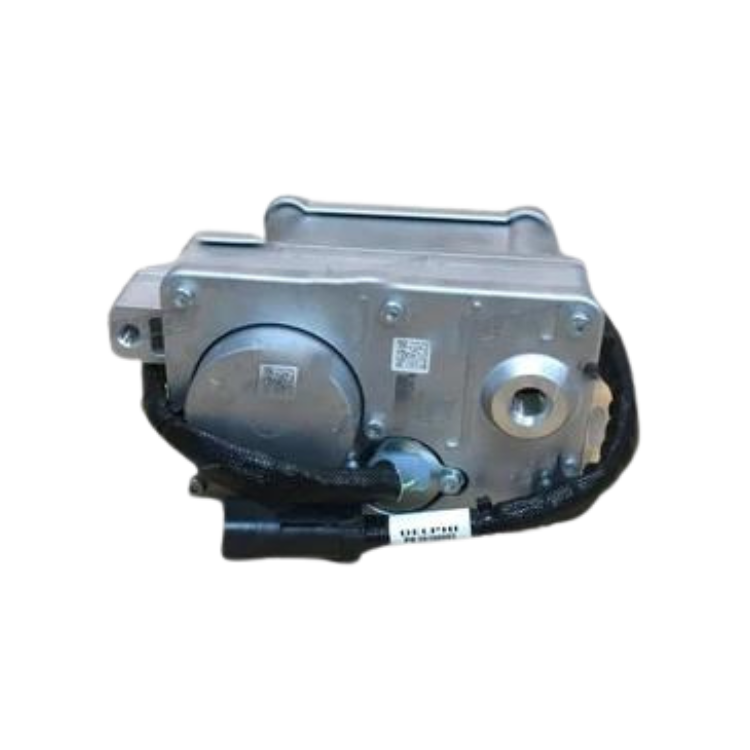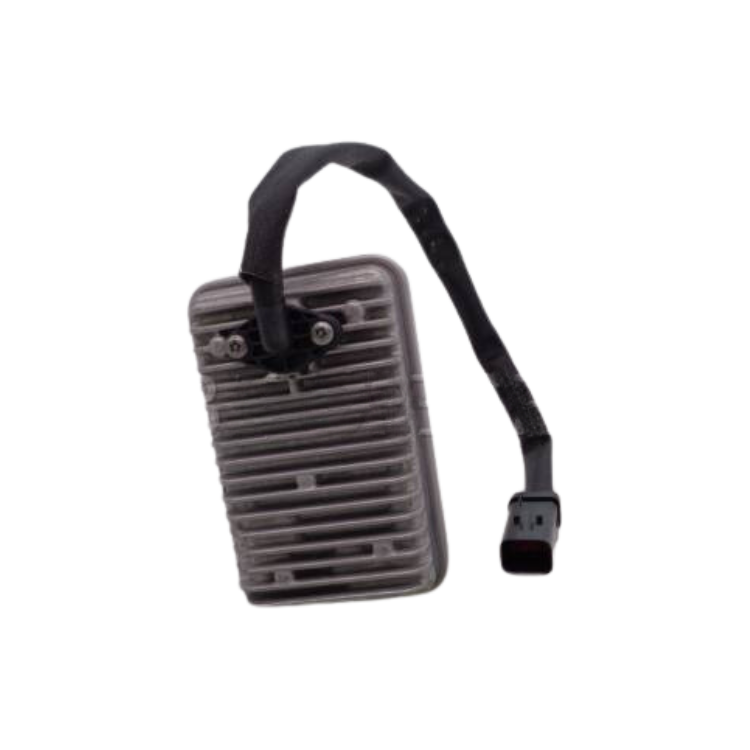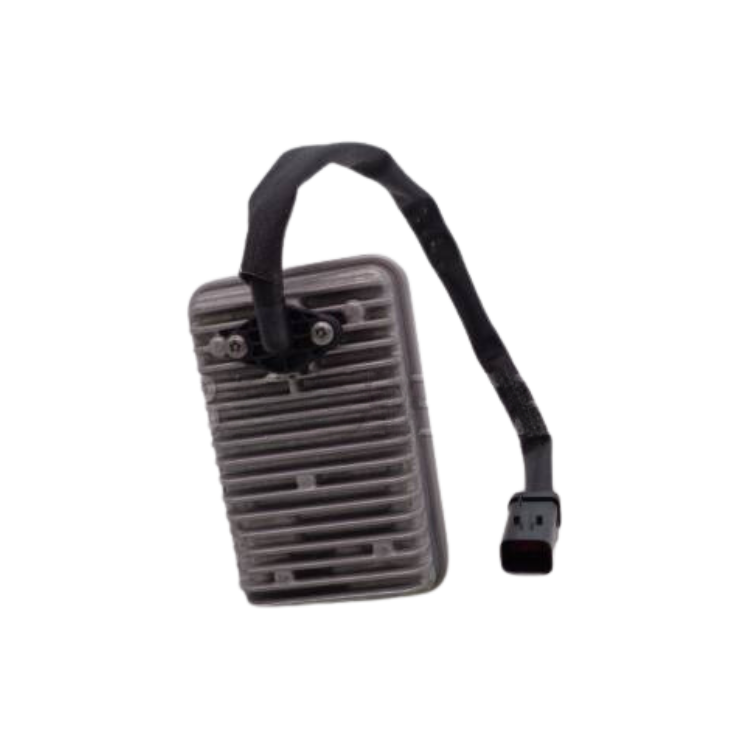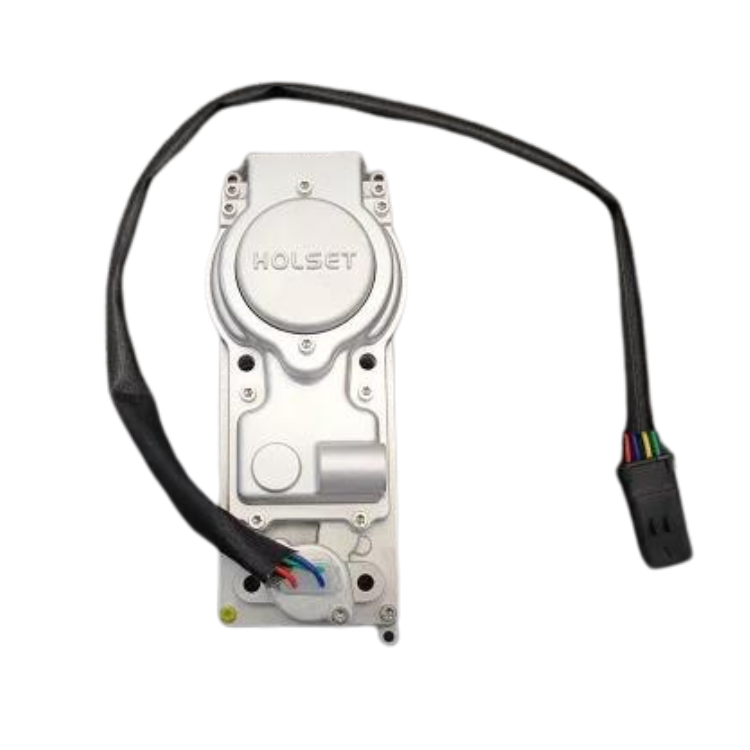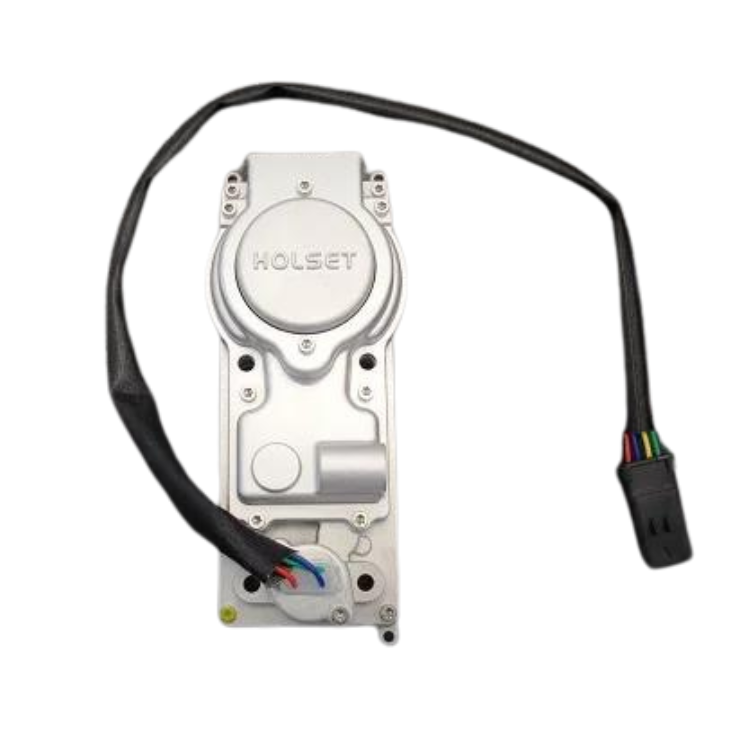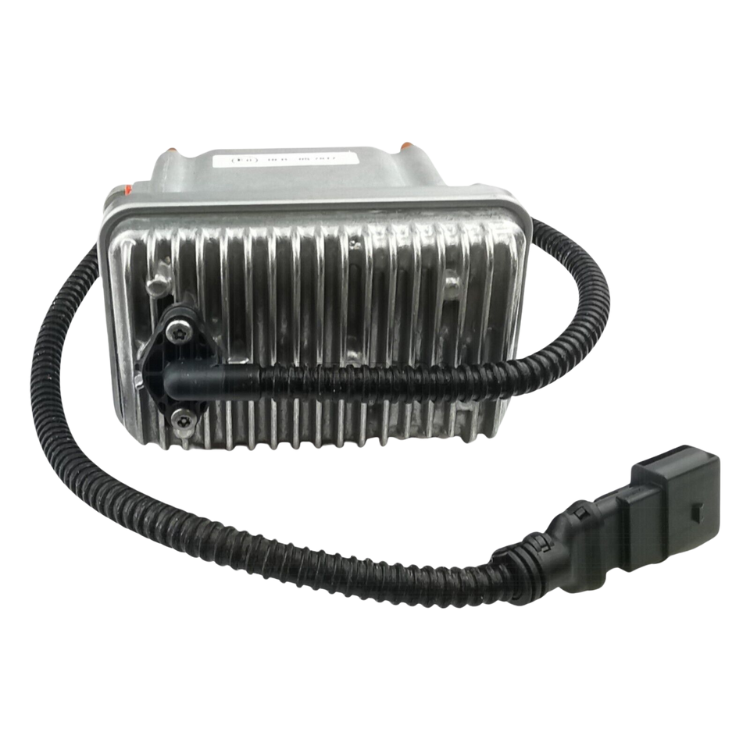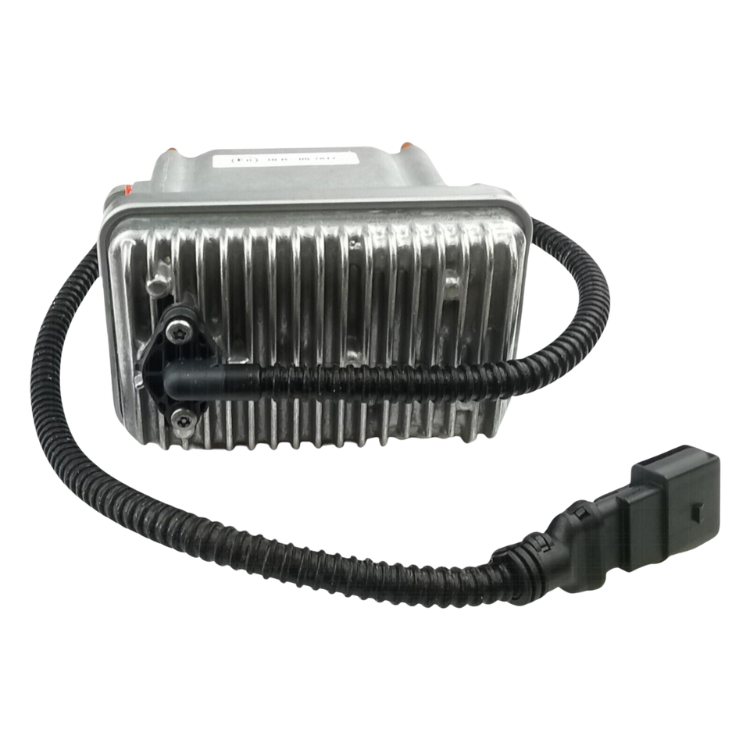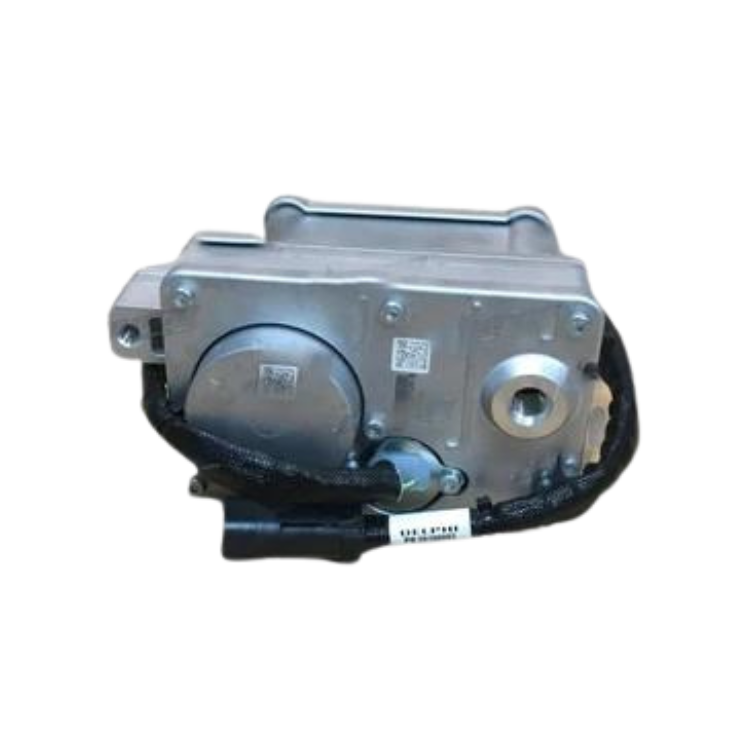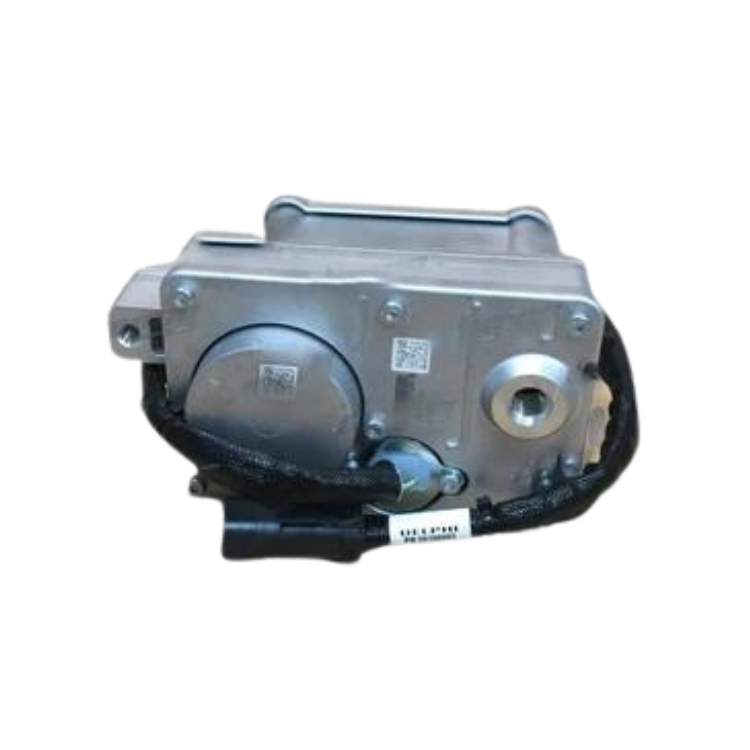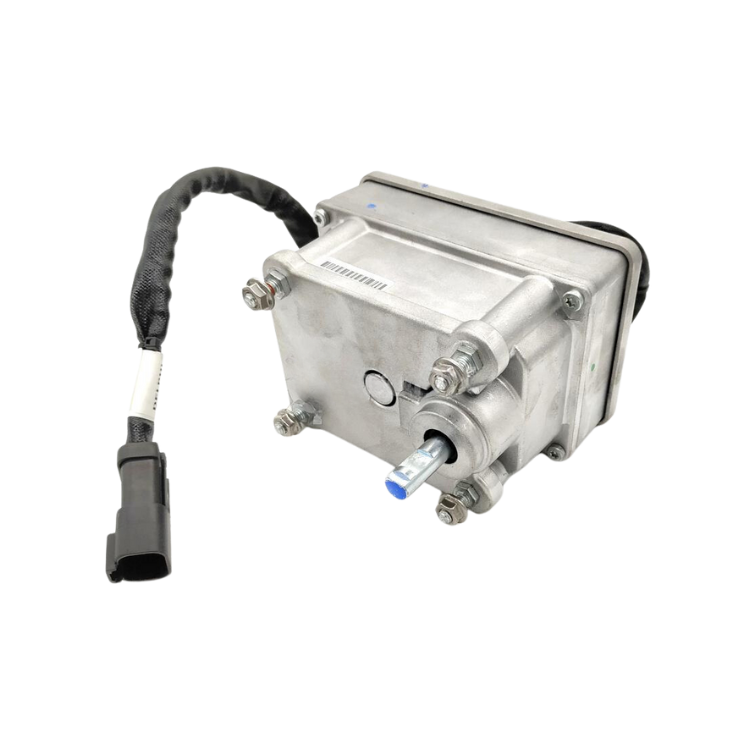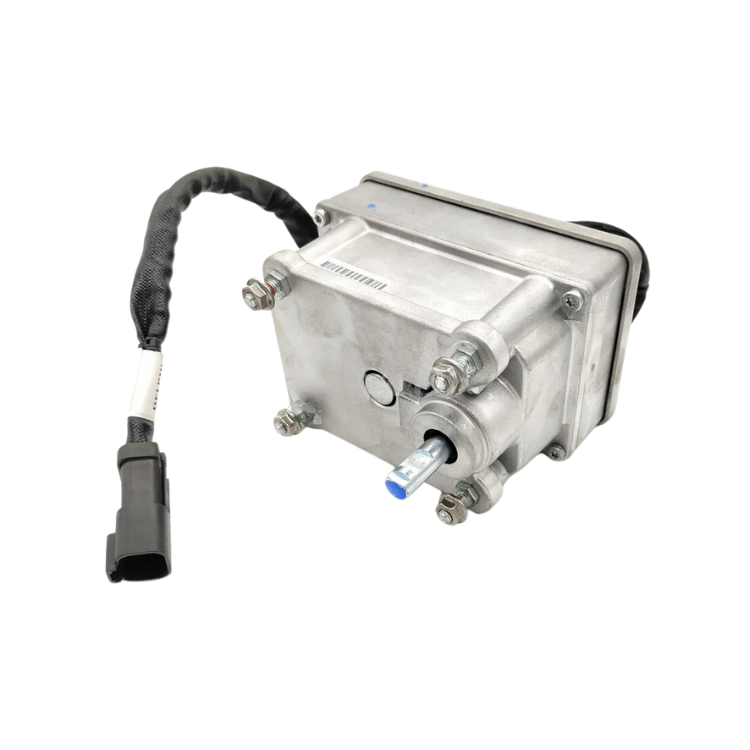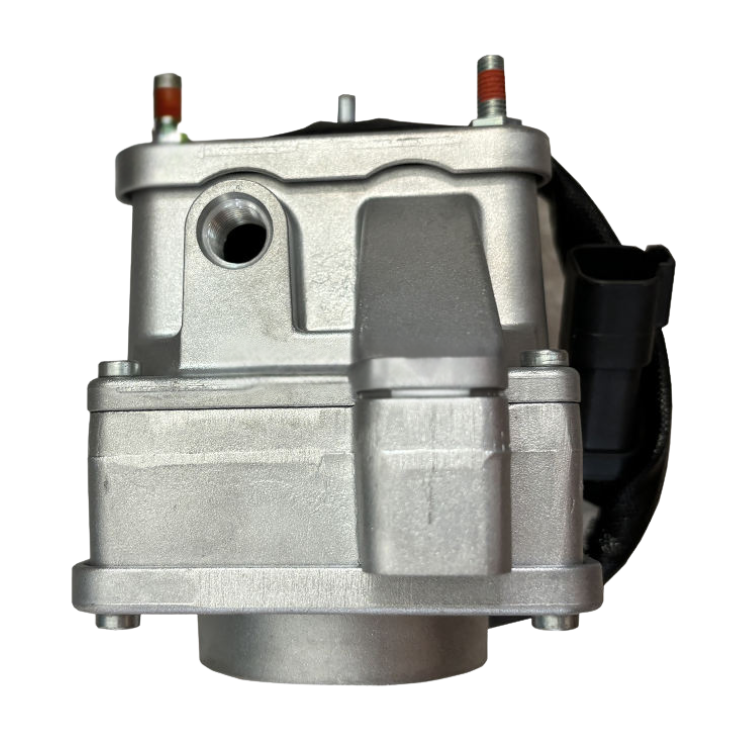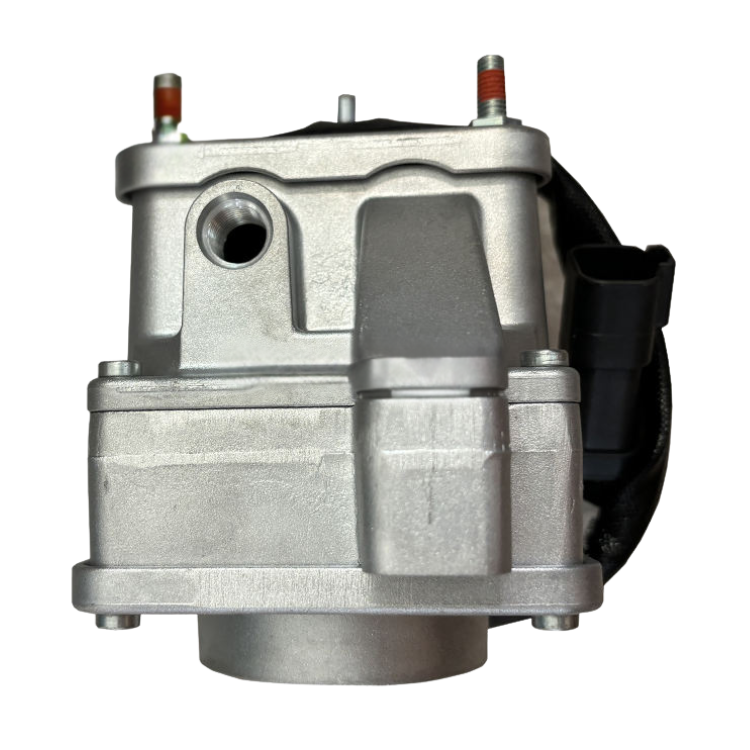The turbo actuator is a critical component that helps regulate the amount of exhaust gases entering the turbocharger, ensuring optimal boost and engine performance. However, like all mechanical and electronic parts, turbo actuators can fail over time. Understanding the common causes of turbo actuator failure can help you take preventive steps to maintain your vehicle’s performance and avoid costly repairs.
-
Wear and Tear Over Time
-
As with most automotive components, prolonged use can lead to the natural degradation of the turbo actuator. The mechanical parts inside the actuator may wear out after extended use, causing reduced functionality.
-
-
Exposure to Excessive Heat
-
The turbo actuator is often located near the engine and turbocharger, areas subject to extreme heat. Continuous exposure to high temperatures can damage the actuator's electronics or warp its internal components.
-
-
Oil Contamination
-
Leaks from nearby engine components can allow oil to enter the turbo actuator. This can lead to corrosion of the electronic and mechanical parts, causing them to malfunction.
-
-
Electrical Problems
-
The turbo actuator relies on electrical signals from the engine control module (ECM) to function properly. Any wiring issues, electrical surges, or sensor malfunctions can disrupt these signals, leading to actuator failure.
-
-
Carbon Buildup
-
Over time, carbon deposits can accumulate in the turbo system, clogging the actuator and preventing it from moving freely. This restricts its ability to control turbo boost accurately.
-
-
Poor Maintenance
-
Failure to perform regular maintenance, such as oil changes and checking for leaks, can contribute to turbo actuator failure. Proper care ensures that the actuator stays in good condition and free from contaminants.
-
Turbo actuator failure can be caused by wear and tear, excessive heat, oil contamination, electrical problems, carbon buildup, and poor maintenance. Addressing these issues early and performing regular maintenance can extend the lifespan of your turbo actuator and keep your engine running smoothly. If you notice symptoms such as reduced turbo boost or engine performance issues, it’s important to have your turbo actuator inspected and repaired by a professional mechanic. Taking care of this essential component will help maintain your vehicle’s overall efficiency and power.






